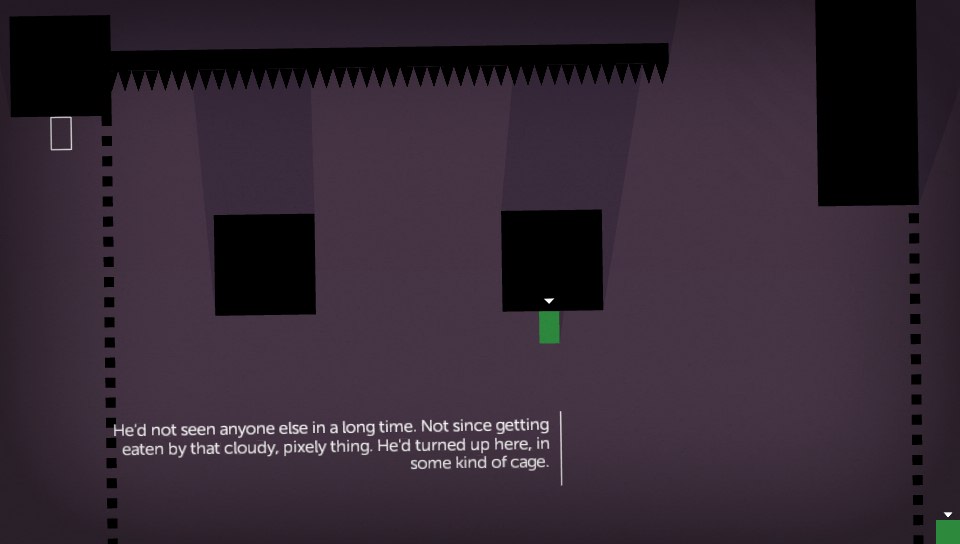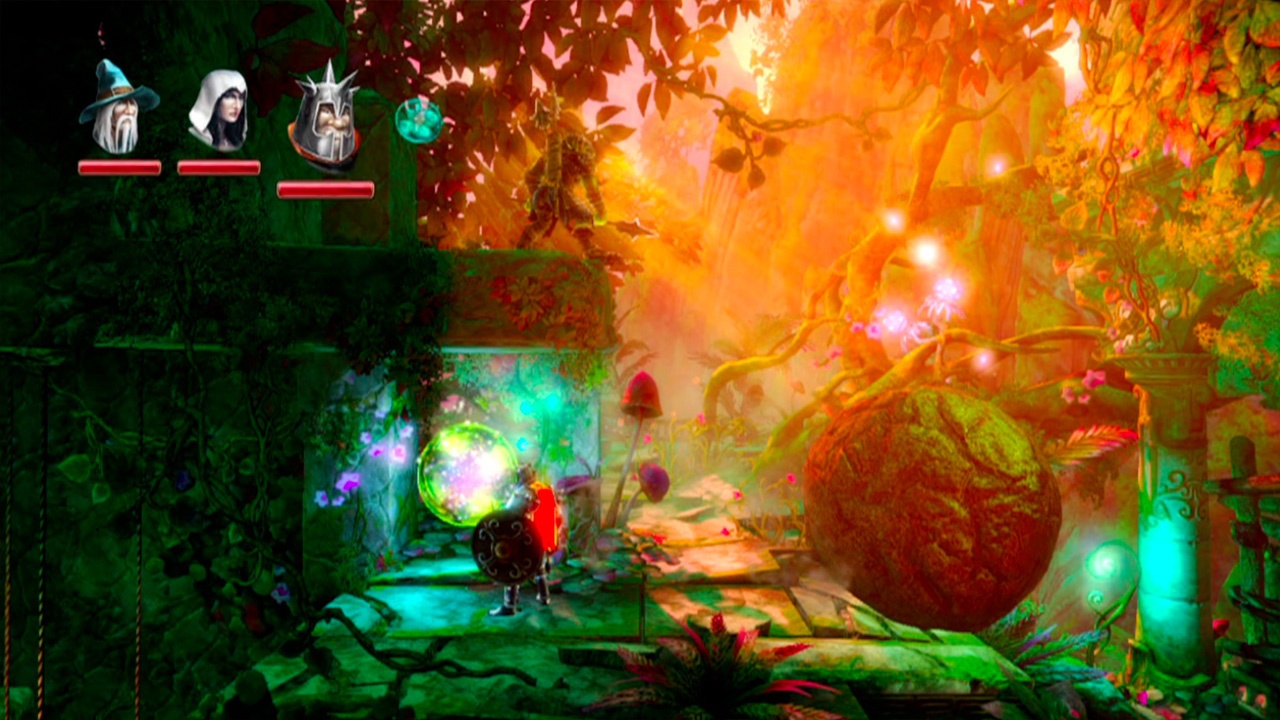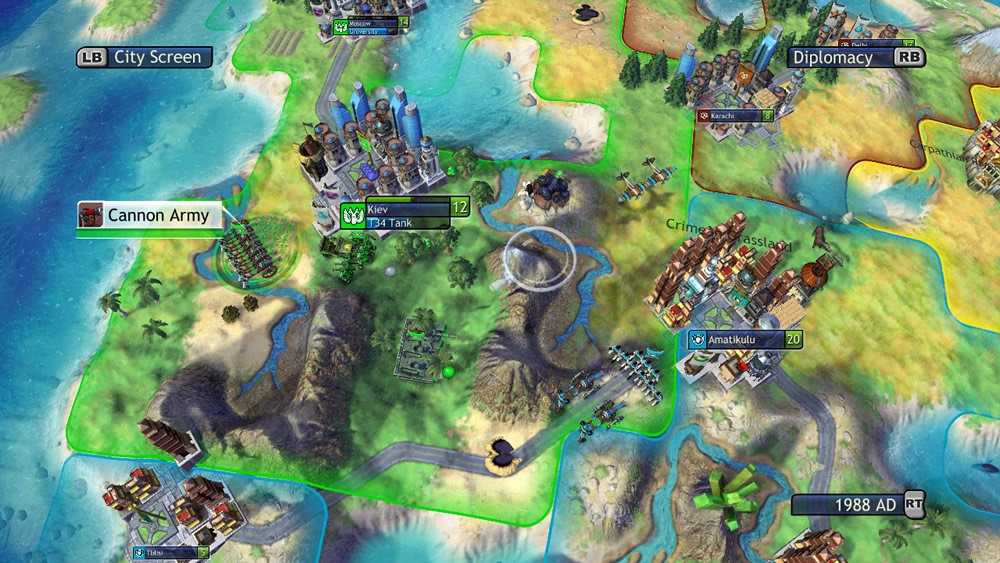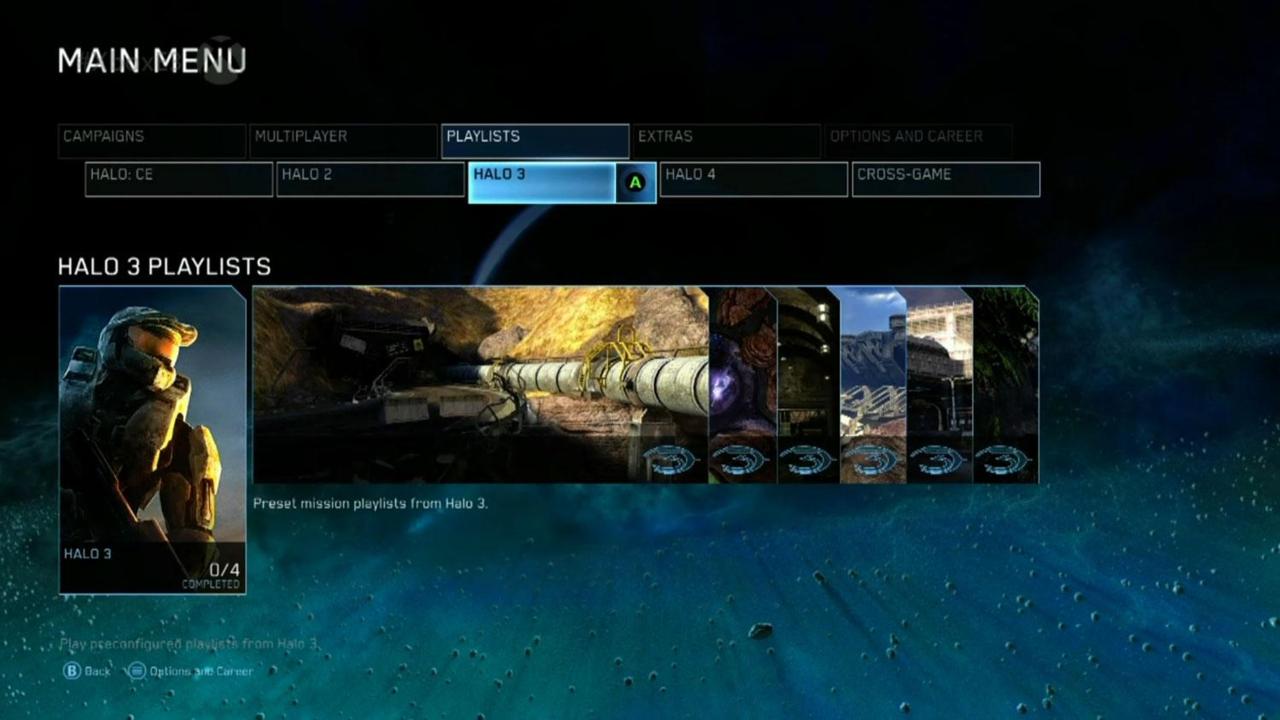I haven't bought a new game in over 6 years. The last game I bought new was Modern Warfare 2. I played hours upon hours of its multiplayer modes as the years went by. I played until there were no lag-free games left, until my enemies jittered across the screen. Modern Warfare 2's online multiplayer was one of the best multiplayer experiences I've had on the Xbox 360, but all multiplayer experiences must come to an end.
In the best case it's simply first party servers that shut down, leading to a mass migration to (formerly) GameSpy or other third party hosts. In the worst case scenario though, entire worlds are lost. When Star Wars Galaxy went dark, an entire empire was wiped away into oblivion. At the end of the day, we're left with single player experiences.
Since 2009, I've let single player dictate what games I play. Multiplayer has become an afterthought for games I buy, and as such, I've been able to save a tremendous amount of money. At $60 a pop, new games are quite expensive, but when I forget about multiplayer, I don't need to buy new games. It doesn't matter whether I play Skyrim now, or when it was released, because it doesn't alter my experience.
This has drastically increased the amount of games I can buy, because I now look at the overall quality of the game, as opposed to the multiplayer experience. For $60 I can buy 10 Humble Bundles, each with 5+ games. There's just no good reason for me to buy a new game for multiplayer. As I've bought more and more games, I've also come to realize that I enjoy more genres that I'd ever previously imagined. By simply owning more games, I wanted to play them, games that I'd never though I'd enjoy. Games like Thomas was Alone, The Stanley Parable, and others that are a far cry from the first person shooters I grew up with.

At the end of the day though, I end up with games that I love, which stand on their own accord. I end up with games that are not enjoyable because of multiplayer modes, but because I can pick them up years after they were released without having to worry about whether someone else is playing the game or not. And in doing so, I end up not only playing more games, but enjoying them more, because my experience is based entirely on myself, not my internet connection.
So next time you think about what game to buy, try something that's not entrenched in a multiplayer experience. You might find yourself playing more games, at a cheaper price.






Log in to comment